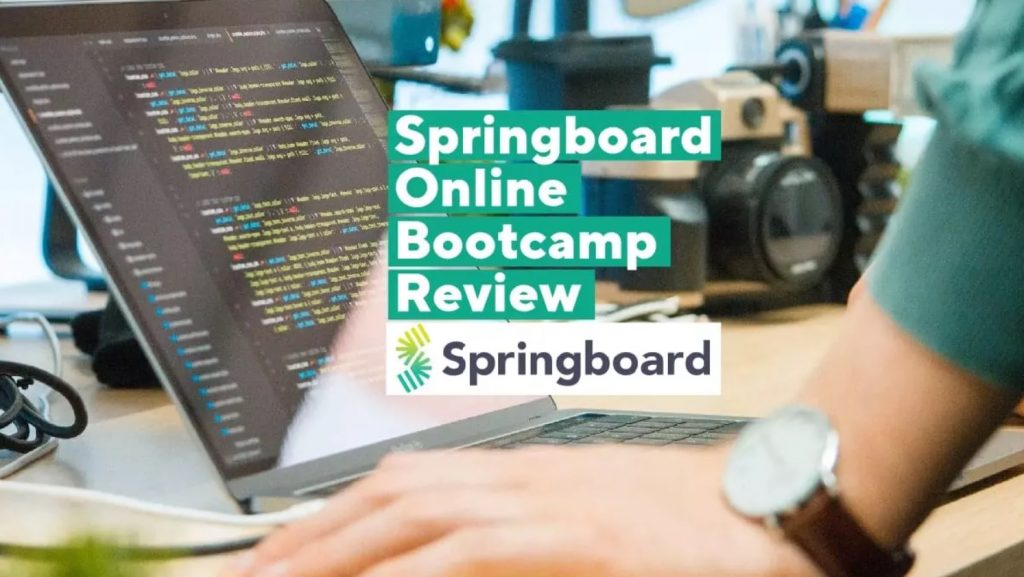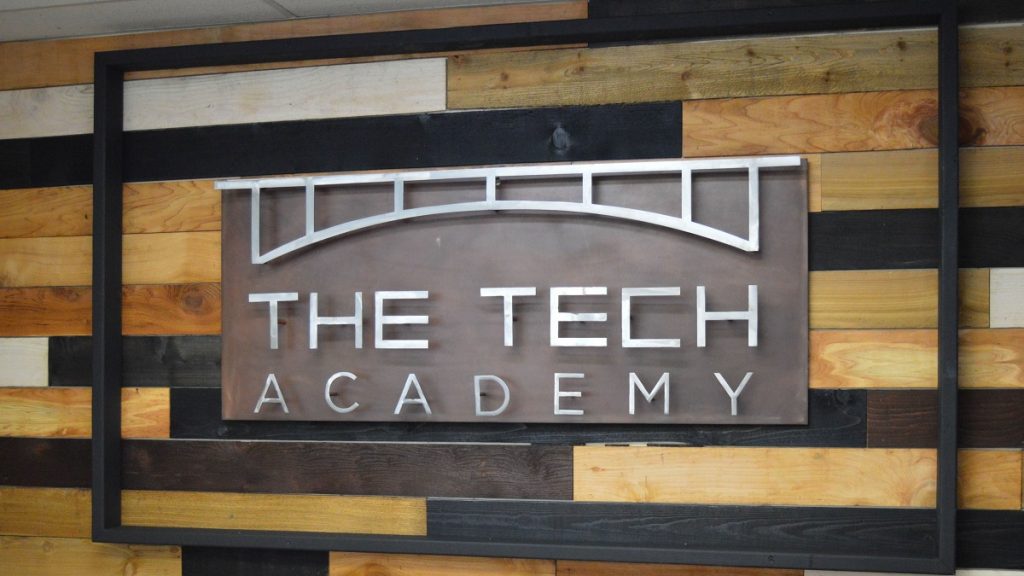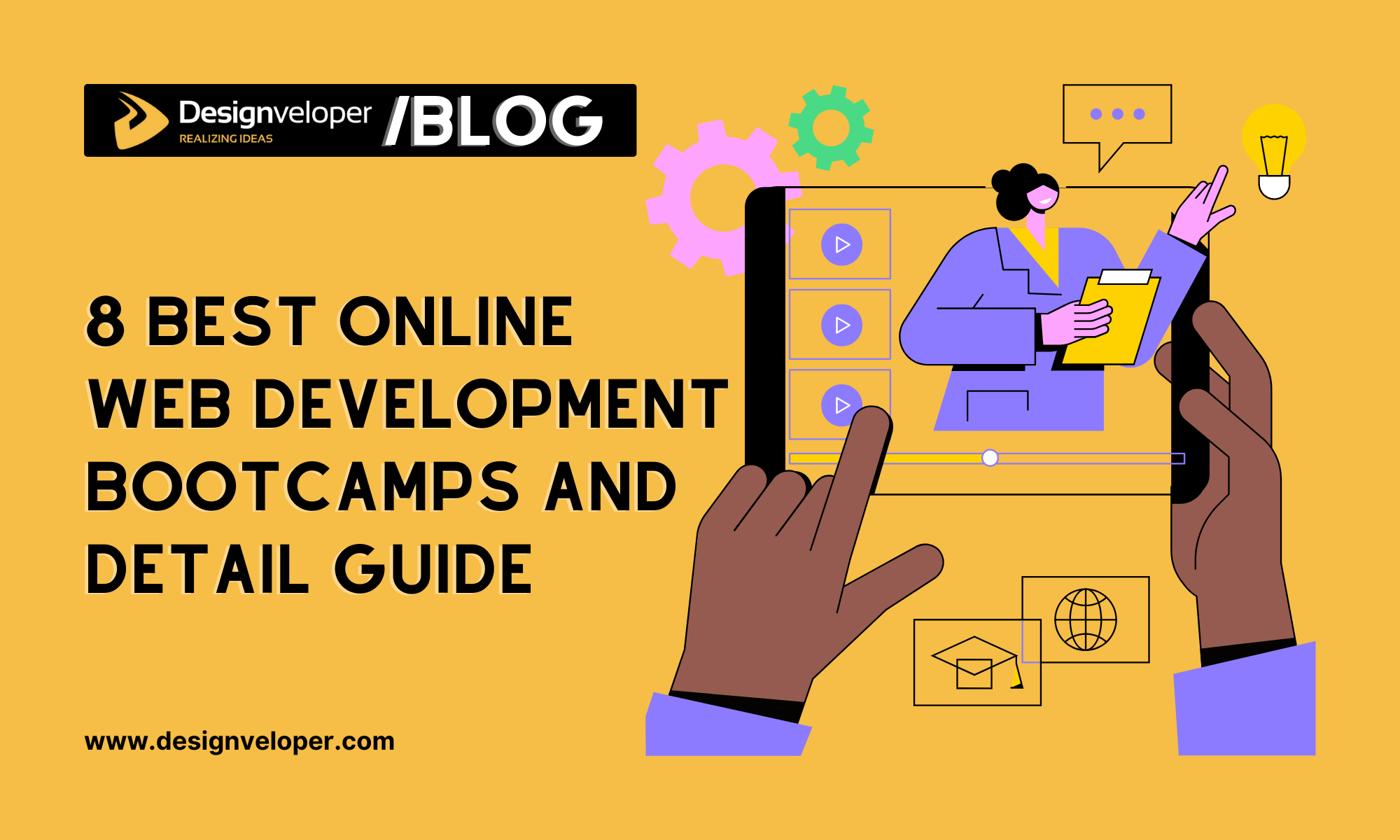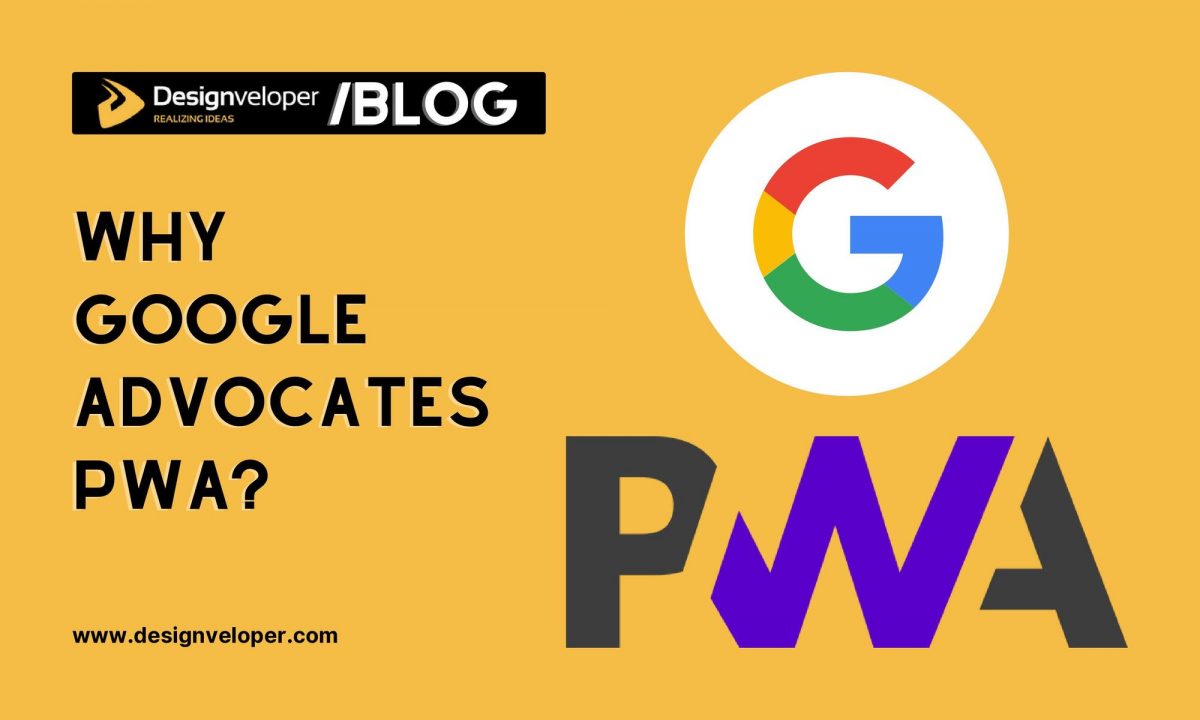
Are you wondering how online web development bootcamps in 2024 are?
You are looking for a transition to a new job as a software developer, yet you do not want the restart of university life and tuition fees to go beyond your budget. So coding Bootcamp is a solution.
The term “Bootcamp” refers to military training with strict discipline for newbies. Accordingly, many tech experts use this word to develop a new concept: coding Bootcamp. It includes short-term training programs for new learners to become software developers with essential coding skills. However, as it covers many sub-fields of information technology (IT), this blog post today mostly focuses on web development Bootcamp.

What Is a Web Development Bootcamp?
1. Definition
As a part of coding Bootcamp, web development Bootcamp is also regarded as a technical training program that teaches the web-based programming skills that companies look for.

Recommended reading: 8 Best Web Development Courses with Certificates
2. Difference between Bootcamp and traditional education
In general, the Bootcamp curriculum is still dissimilar from its traditional counterpart in some aspects:
Purpose
Coding Bootcamp, or web development Bootcamp in particular, only teaches practical and job-ready tech skills, whereas universities or colleges provide their IT students fundamental knowledge before they go into details.
Time
Higher education often takes you around at least 5 years to complete a computer science degree. Meanwhile, an intensive Bootcamp program can last 10 to 12 weeks if you opt for an in-person option. Time for Bootcamp can vary, but definitely be shorter than that of universities.
Tuition fees
Money is always a major obstacle for those wishing to go on campus. In the United States, for instance, the average amount that international students have to pay annually is nearly USD$11,000 if they choose Computer Science, versus only USD$3,403 for state students. Consequently, the whole four-year program can cost USD$44,000 and USD$13,612 respectively. Those expenses of Bootcamp are actually much lower, ranging from $10,000 to $24,000, let alone some Bootcamp programs which guarantee you a job after graduation and charge nothing apart but a deposit if you fail to get a position in companies. Also, some courses are offered for free, including free full-stack web development Bootcamp of Flatiron School or Free Code Camp.
FURTHER READING: |
1. 5 Tips To Choose The Right Web Development Certificate |
2. 8 Best Web Development Courses with Certificates |
3. 30 Awesome Web Development Tutorials for Beginners |
3. Types of Bootcamp
If you decide to participate in the program, there are three options: in-person, online, and self-paced.
In-person
Like traditional schools, in-person bootcamps require your full-time physical participation in class with at least 40 hours per week and additional hours for assignments. The size of the class can be kept small to ensure students will be sufficiently instructed in new subjects.

However, due to its requirement of attending the course full-time, those who already have a full-time job will be not suitable candidates for this type of program.
Online
Online Bootcamp is more popular for workers who want to generate income and continue their studies. Participants will be provided with self-learning guides and work with instructors in case they struggle with the lecture. The only drawback of this Bootcamp is you have to be disciplined or you will throw money out the window.
Self-paced
If you have a disciplined learning style and relish a flexibly designed curriculum, self-paced programs are the best choice. They allow you to work completely on your schedule and decide how to start your study. Free Code Camp is seen as a highly recommended platform providing free web development Bootcamp now.
Recommended reading: How to Become a Web Developer? A Detailed Guide
Some Caveats on Bootcamp
This section does not talk about the disadvantages of only a web development Bootcamp, but also for a whole coding one. No matter which developer you want to become, it is better to learn about unexpected problems you can encounter.
1. Bootcamp is not for everyone?
“Not everyone can become a great artist, but a great artist can come from anywhere,” Peter O’Toole, a British stage and film actor, said so. Indeed, Jennifer Dewalt, the founder of Zube became a successful developer by self-teaching her to code 180 websites within 180 days. Or Colby Williams, a Youtube gaming celebrity, decided to switch his career as a web developer and achieved success after self-learning and joining The Odin Project, a free online Bootcamp to learn Ruby and Rails.

Those stories can inspire you to go on a new path as a software developer, yet have you ever considered hurdles? Even Mike Hadlow, a C# freelancer with over 20 years of software-building experience admitted that this job was harder than people thought. Meanwhile, the strict disciplines of a Bootcamp, coupled with vast knowledge, can demotivate inexperienced newcomers.
2. Bootcamp placement numbers can be misleading?
Ted Whang, a developer at Pike13 said on Medium that many schools now impress new students with appealing advertisements such as “95% of our graduates get a job within 3 months.” However, the statistics are not almost verified by the third party. So many promises from bootcamps can be misleading and even a trap.
3. Bootcamp cannot make everyone become a good developer?
University life of a computer science student lasts 5 years and there is always a reason for that: a software developer is a promising, yet demanding job. So only a few weeks at Bootcamp cannot truly turn you into an engineer if you do not spend more time self-learning.

Ken Mazaika, co-founder and CTO at Firehose Project cited that various courses now mainly teach how to use tools. To illustrate, in web development bootcamps, students will learn about web frameworks (e.g. Ruby on Rails), without fundamental knowledge about how websites work on different tools and technologies. As a result, Bootcamp graduates do not even impress recruiters and fail to land a job.
4. There are too many Bootcamp graduates in the market?
The 2024 Coding Bootcamp Market Size Study reported a significant increase in graduates, with the global coding bootcamp market size reaching a value of approximately USD 2,104.91 million in 2023. The market is further expected to grow at a CAGR of 17.3% between 2024 and 2032, reaching a value of USD 8,816.33 million by 2032. The majority of these graduates specialized in full-stack JavaScript, similar to the trend observed in 2019.
According to recent research, the demand for highly skilled software developers continues to grow. IDC, a leading market intelligence firm, predicts a shortfall of four million developers by 2025. However, this does not guarantee that all coding bootcamp graduates will secure high-skilled jobs immediately after graduation. They must compete with other candidates in the job market, including self-taught developers and those holding computer science degrees.
Despite the competition, coding bootcamps remain a viable pathway to tech careers. According to a survey of 46 coding bootcamps by the Council on Integrity in Results Reporting, almost 80% of coding bootcamp students had landed a job within six months of graduation. Therefore, while the job market is competitive, coding bootcamp graduates are still in a strong position to secure employment in the tech industry.
10 Schools for Online Web Development Bootcamp
Online learning is a common trend in all fields and information technology is no exception. Despite a variety of schools that run courses on data science, cybersecurity, or web design, this post today only lists the top online web development Bootcamps.
1. Ironhack
You can choose online or in-person Bootcamp in Ironhack on two majors web development for 26 weeks and UI/UX design within 9 weeks. It also grants scholarships to under-represented individuals or veterans.
2. General Assembly
General Assembly provides a front-end web development Bootcamp that lasts 10 weeks at a price of nearly USD$4,000. Moreover, they also run other programs on software engineering immersive or data analytics.
3. Altcademy
Altcademy is an affordable coding bootcamp that offers 100% online programs. Students have 4 options for web development: full-stack web development, data science, and applied AI, full-stack web development, front-end web development, and back-end web development. Their courses range from 8 to 37 weeks. In the front end, you’ll learn HTML, CSS, JavaScript, ReactJS, and Ruby on Rails, but the backend mostly focuses on Ruby on Rails. You can also learn about data science and applied AI in their comprehensive course.
4. Springboard
Courses in Springboard often last from 6 to 24 weeks and vary in different fields such as AI, blockchain development, or cloud dev ops. Which front-end and full-stack web development bootcamps are also designed in online or self-paced forms and within 16 weeks.

5. Udacity
Like Springboard, Udacity also develops 16-week programs for those who want to build webs and allows them to study online. Also, participants can enroll in other IT-related courses on computer vision, data visualization, or deep learning.
6. Bloc
As an ideal school for beginners, Bloc builds suitable programs on web design and development for students. Bloc commits itself to refund tuition fees if its students cannot secure a job after 6 months.
7. The Tech Academy
Front-end web development bootcamp in Tech Academy lasts 14 weeks and covers the three most common languages like JavaScript, HTML, and CSS. The program is self-paced and suitable for those who want to work a part-time job as a web developer. So if you wish to have a permanent job afterward, what you acquire from the program is not enough.

8. BrainStation
In BrainStation, there are two options for web development: one for a 10-week certificate course and the other for a 12-week diploma program. The former only teaches you basic skills with HTML, CSS, and JQuery framework. Meanwhile, the latter prepares students with detailed knowledge of building webs by using JavaScript with NodeJS or ReactJS.
9. Career Foundry
Career Foundry is an online bootcamp that offers flexibly paced programs for career changers in web development. The course content is comprehensive and they constantly relate the content and principles into the workplace, preparing you to put your coding into practice as you progres2. The communication from Career Foundry is highly praised, and they offer a dual mentorship model, providing personalized guidance from not one, but two industry experts. They also offer a two-week trial period where you can cancel and receive a full refund. The cost of their web development course is $6,900.
10. Thinkful
Thinkful is an online coding bootcamp that offers a variety of immersive and flexible courses in several in-demand tech subjects. They offer both full-time and part-time software engineering programs. One of the highlights of Thinkful is the one-on-one guidance from a personal mentor, which many students find extremely beneficia. They also offer a job guarantee: if you follow their career advice, and you don’t land a job within six months of graduation, you’ll get your money back. The cost of their web development course is $9,975.
Conclusion
Changing jobs is not easy. Short courses such as web development Bootcamp today are available online and provide you with lots of benefits, yet hardly make you become a good coder unless you spare much time, money, and persistence to pursue your dream. This post only raises the main questions about short training on web creation to help you decide whether or not to take this route.






Read more topics





























































